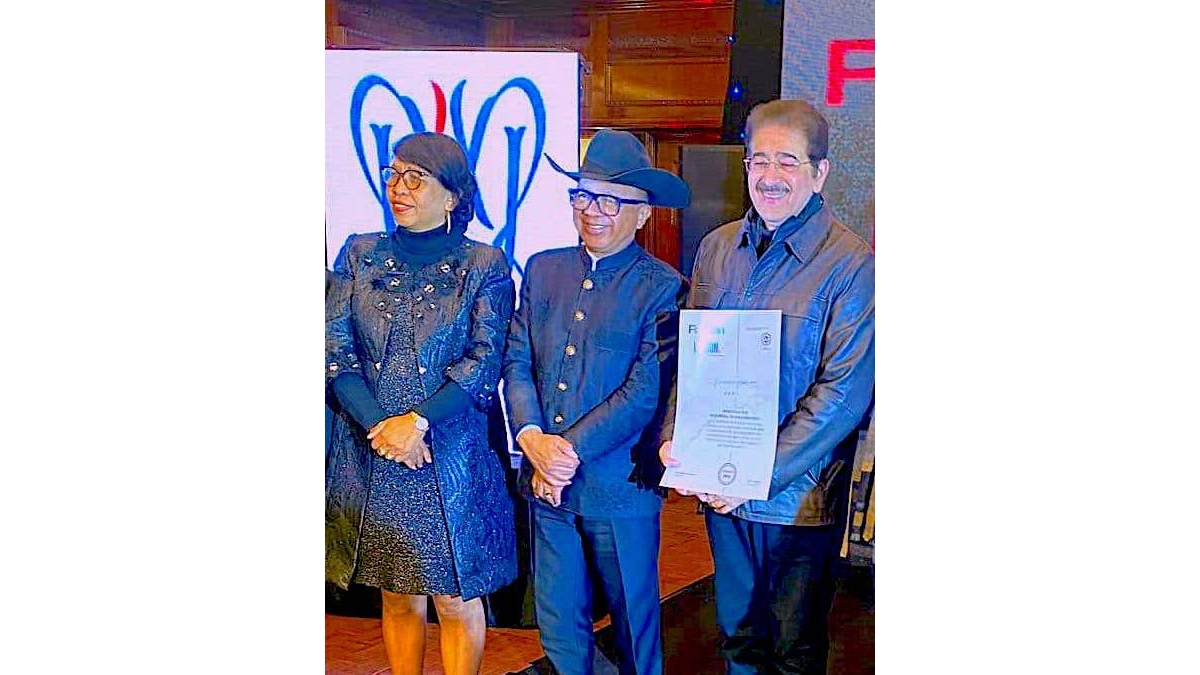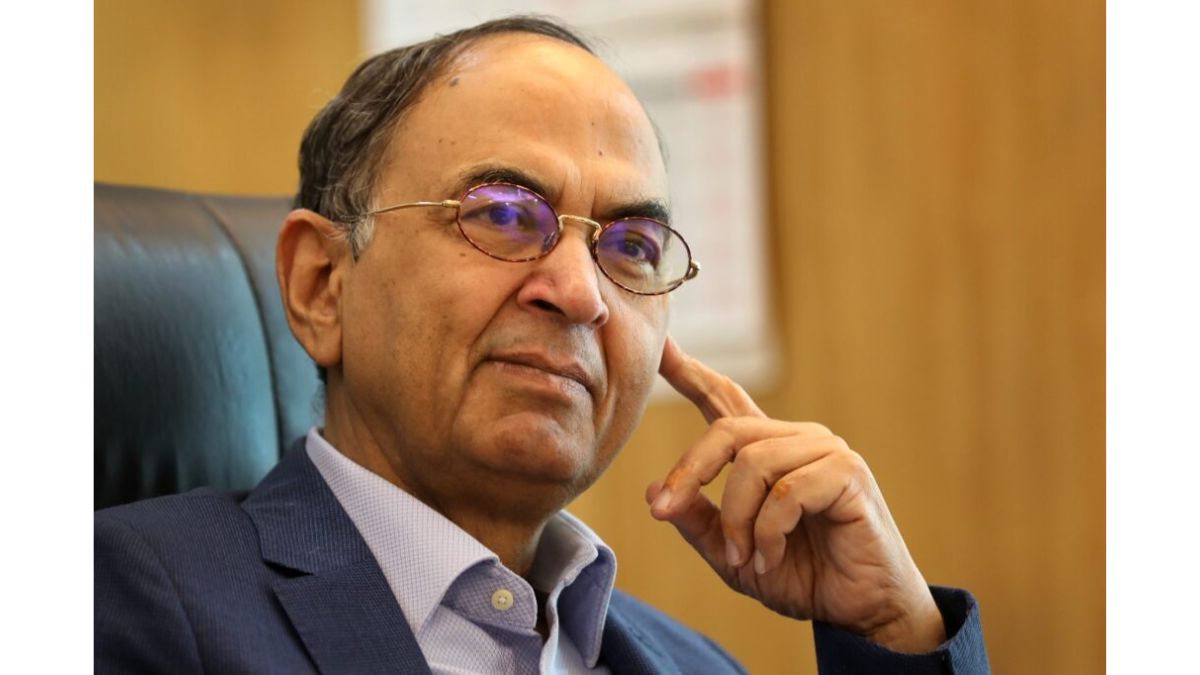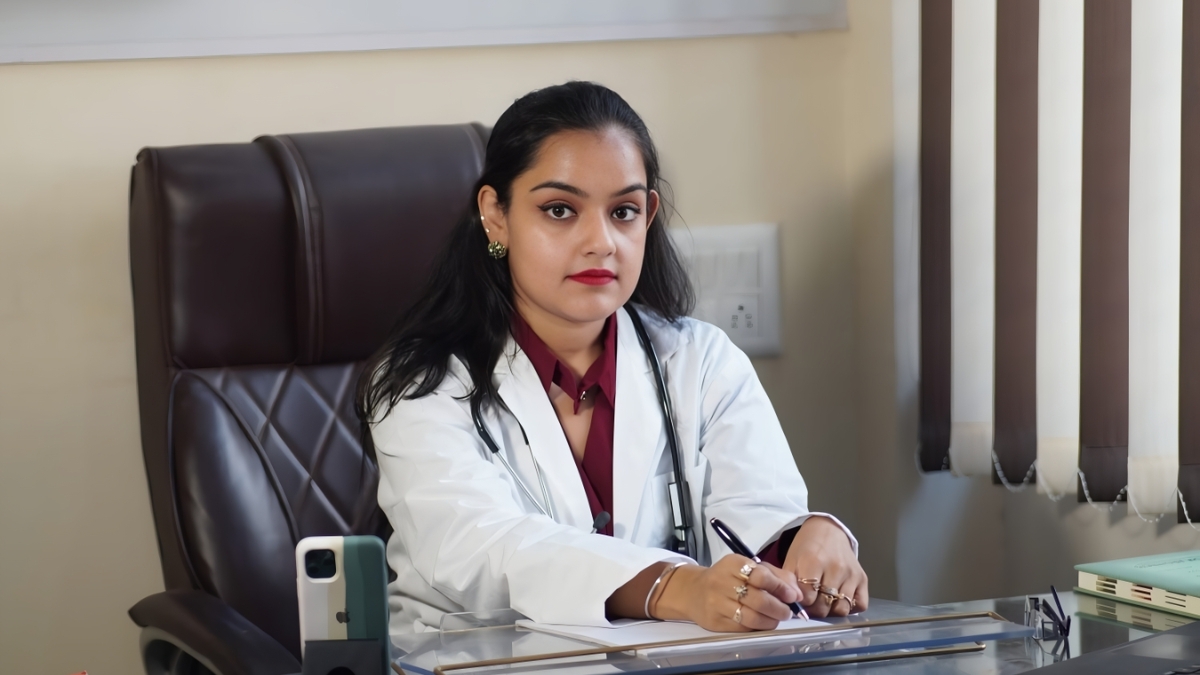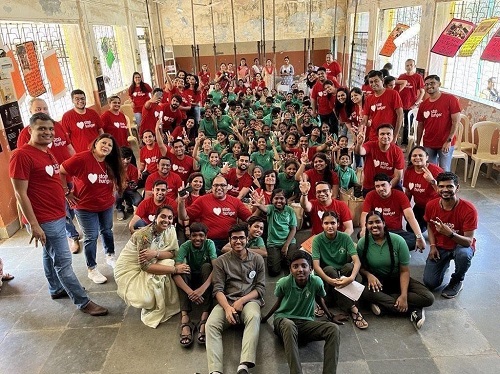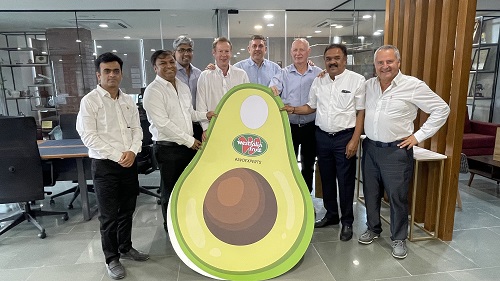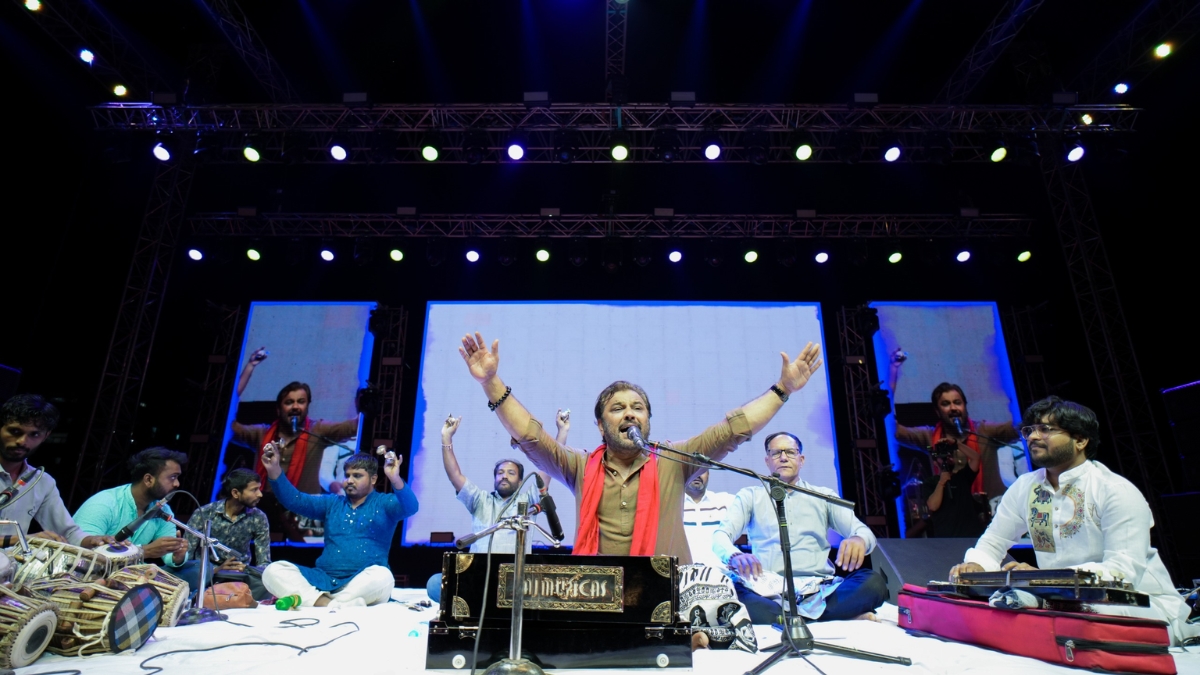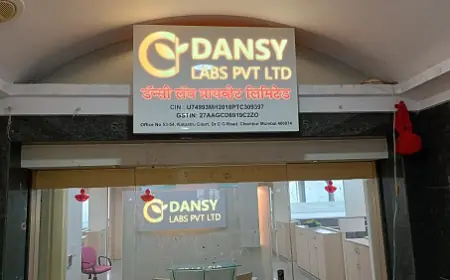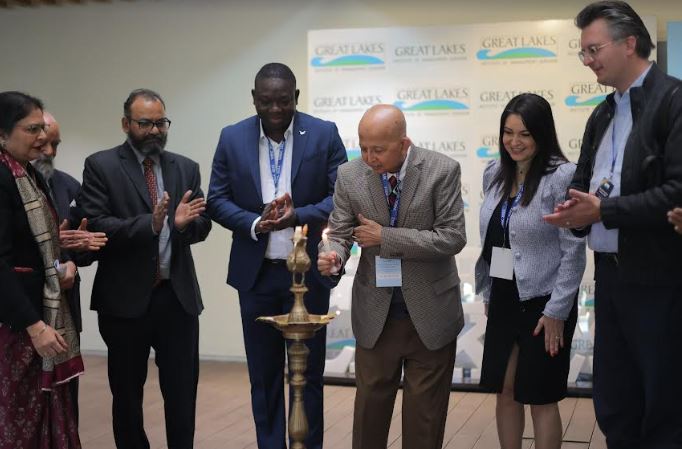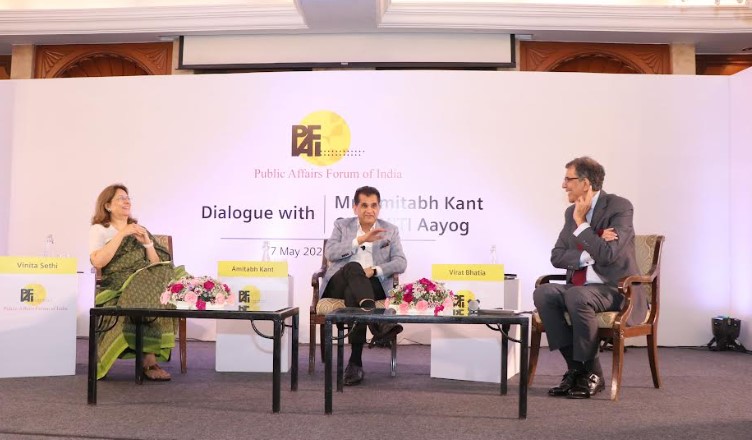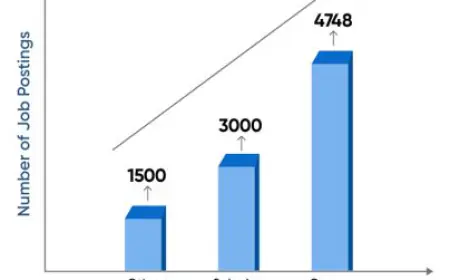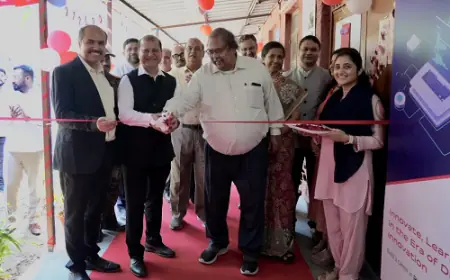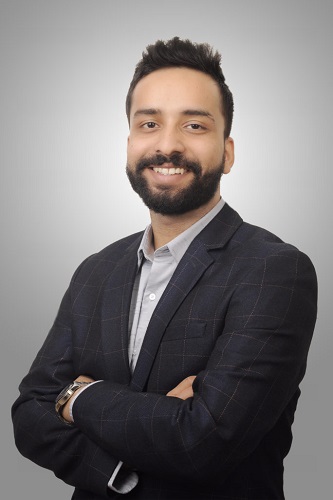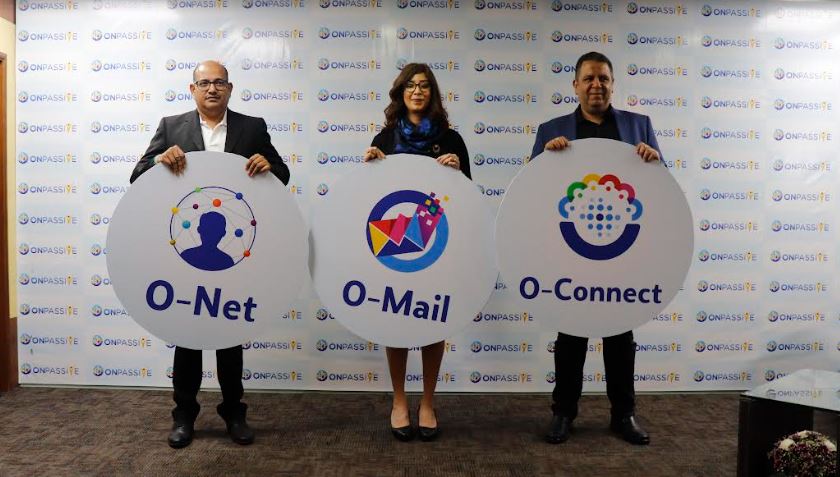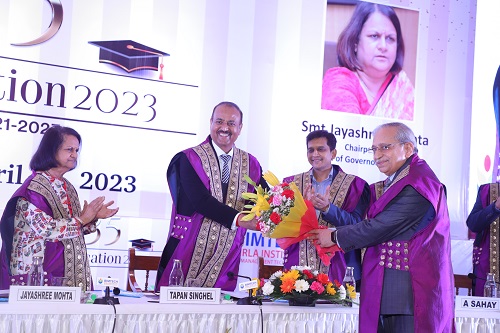Experts to Call for Policy Reform in the Care Sector Across Asia-Pacific
A high-level meeting in Bali, Indonesia, this week will seek to position care work as a priority for economic growth in the Asia-Pacific region, where women perform 80 percent of the total amount of unpaid care work - larger than any other region in the world. The Bali Care Economy Dialogue from 12-14 November will convene approximately 70 experts from government, the private sector, and civil society to focus on effective policies and strategies for building resilient care systems. The dialogue takes place on the eve of the G20 summit of leaders, also in Bali. Jane Sloane, senior director of Women's Empowerment and Gender Equality at The Asia Foundation, said, "The COVID-19 pandemic made it clear that care workers are indispensable for the health, welfare, and protection of all people. Yet the sector is characterized by underinvestment and gross inequalities, with the bulk of paid and unpaid care work undertaken by women from disadvantaged backgrounds." "If leaders are serious about recovery and growth, there is an economically significant solution: Paid care is one of the fastest growing economic sectors and represents a substantial source of employment worldwide. It also allows women to take on employment that empowers them personally, boosts family finances, and fosters dignity among those who provide and receive care." According to the Center for Global Development, co-hosts of the event, women in low- and middle-income countries worked 217 extra unpaid hours during the pandemic compared with men, who worked 70 hours. Mirai Chatterjee, director of the Social Security Unit at Self-Employed Womens Association, India, said, "The pandemic has affected all care workers, but especially unpaid and informal women workers who provide care. In India, 93 percent of employed persons work in the informal economy with limited or no social protection and very low wages. Leaders must guarantee that all care providers, including unpaid and informally employed carers, are recognized, paid at least minimum wages, and have access to social protection." The Bali Care Economy Dialogue will bring together delegates from The Asia Foundation, The Center for Global Development, Oxfam Canada, WeProsper Coalition, UN Women, Global Alliance for Care, and International Development Research Centre. Key Asia-Pacific-based partners include SEWA, Fiji Women's Rights Movement, Gender Lab, Mobile Creches, and the Pacific Disability Forum. Greater investment in care services could create nearly 300 million jobs by 2035, the United Nations' International Labour Agency said this year. Investing in the care economy would benefit those who need care - children, older persons, or people living with illness or disability - and improve working conditions for care providers. Key speakers include (Pre-recorded) Christine Clark, Ambassador for Women and Girls, Government of Australia; (Pre-recorded) Susan Ople, Secretary, Philippines Department of Migrant Workers, Government of the Philippines; (Pre-recorded) - Katrina Fotovat, Senior Official, Office of Global Womens Issues, U.S. Department of State; Dr. Bama Athreya, Deputy Assistant Administrator, Gender Equality and Women's Empowerment Hub and Inclusive Development Hub, Bureau for Development, Democracy, and Innovation, U.S. Agency for International Development (USAID), Government of the United States; and Dr. Rachel Devi, Head of Family Health Unit, Ministry of Health and Medical Services, Government of Fiji. At the meeting, The Asia Foundation will present new research on the care landscape in Asia and the Pacific, with insights and recommendations for regional governments on investing in care. These include the need to build political will across the region and improve regional and international coordination by joining the Global Alliance for Care (GAC), an initiative to reduce inequalities and promote a cultural transformation in the sector. The research notes that the Asia-Pacific region is home to a diverse range of countries and stresses the need to identify contextually relevant policies and programs for durable reforms and financing mechanisms. The three-day conference will cover a range of topics impacting care providers throughout Asia, including paid vs. unpaid care, formal vs. informal care workers, care infrastructure, and the intersection of the care ecosystem with climate change, migration, conflict, and gender-based violence. For further information, please see the program. The co-hosts would like to thank the US Department of State for its generous contributions in support of the Bali Care Economy Dialogue. The Asia Foundation is a nonprofit international development organization committed to improving lives across a dynamic and developing Asia. Informed by six decades of experience and deep loc

A high-level meeting in Bali, Indonesia, this week will seek to position care work as a priority for economic growth in the Asia-Pacific region, where women perform 80 percent of the total amount of unpaid care work - larger than any other region in the world.
The Bali Care Economy Dialogue from 12-14 November will convene approximately 70 experts from government, the private sector, and civil society to focus on effective policies and strategies for building resilient care systems. The dialogue takes place on the eve of the G20 summit of leaders, also in Bali.
Jane Sloane, senior director of Women's Empowerment and Gender Equality at The Asia Foundation, said, "The COVID-19 pandemic made it clear that care workers are indispensable for the health, welfare, and protection of all people. Yet the sector is characterized by underinvestment and gross inequalities, with the bulk of paid and unpaid care work undertaken by women from disadvantaged backgrounds."
"If leaders are serious about recovery and growth, there is an economically significant solution: Paid care is one of the fastest growing economic sectors and represents a substantial source of employment worldwide. It also allows women to take on employment that empowers them personally, boosts family finances, and fosters dignity among those who provide and receive care."
According to the Center for Global Development, co-hosts of the event, women in low- and middle-income countries worked 217 extra unpaid hours during the pandemic compared with men, who worked 70 hours.
Mirai Chatterjee, director of the Social Security Unit at Self-Employed Womens Association, India, said, "The pandemic has affected all care workers, but especially unpaid and informal women workers who provide care. In India, 93 percent of employed persons work in the informal economy with limited or no social protection and very low wages. Leaders must guarantee that all care providers, including unpaid and informally employed carers, are recognized, paid at least minimum wages, and have access to social protection."
The Bali Care Economy Dialogue will bring together delegates from The Asia Foundation, The Center for Global Development, Oxfam Canada, WeProsper Coalition, UN Women, Global Alliance for Care, and International Development Research Centre. Key Asia-Pacific-based partners include SEWA, Fiji Women's Rights Movement, Gender Lab, Mobile Creches, and the Pacific Disability Forum.
Greater investment in care services could create nearly 300 million jobs by 2035, the United Nations' International Labour Agency said this year. Investing in the care economy would benefit those who need care - children, older persons, or people living with illness or disability - and improve working conditions for care providers.
Key speakers include (Pre-recorded) Christine Clark, Ambassador for Women and Girls, Government of Australia; (Pre-recorded) Susan Ople, Secretary, Philippines Department of Migrant Workers, Government of the Philippines; (Pre-recorded) - Katrina Fotovat, Senior Official, Office of Global Womens Issues, U.S. Department of State; Dr. Bama Athreya, Deputy Assistant Administrator, Gender Equality and Women's Empowerment Hub and Inclusive Development Hub, Bureau for Development, Democracy, and Innovation, U.S. Agency for International Development (USAID), Government of the United States; and Dr. Rachel Devi, Head of Family Health Unit, Ministry of Health and Medical Services, Government of Fiji.
At the meeting, The Asia Foundation will present new research on the care landscape in Asia and the Pacific, with insights and recommendations for regional governments on investing in care. These include the need to build political will across the region and improve regional and international coordination by joining the Global Alliance for Care (GAC), an initiative to reduce inequalities and promote a cultural transformation in the sector.
The research notes that the Asia-Pacific region is home to a diverse range of countries and stresses the need to identify contextually relevant policies and programs for durable reforms and financing mechanisms.
The three-day conference will cover a range of topics impacting care providers throughout Asia, including paid vs. unpaid care, formal vs. informal care workers, care infrastructure, and the intersection of the care ecosystem with climate change, migration, conflict, and gender-based violence. For further information, please see the program.
The co-hosts would like to thank the US Department of State for its generous contributions in support of the Bali Care Economy Dialogue.
The Asia Foundation is a nonprofit international development organization committed to improving lives across a dynamic and developing Asia. Informed by six decades of experience and deep local expertise, our work across the region is focused on good governance, women's empowerment and gender equality, inclusive economic growth, environment, and climate action, and regional and international relations.
Learn more about the Foundation's work. For media inquiries, please visit our News Room.
Engage with us on Facebook, Twitter, LinkedIn, and Instagram, and follow the conversation at #AmplifyCareWork and #BaliCareDialogue.
![]()

